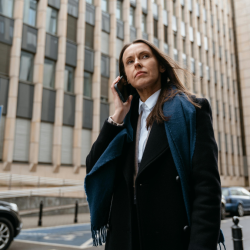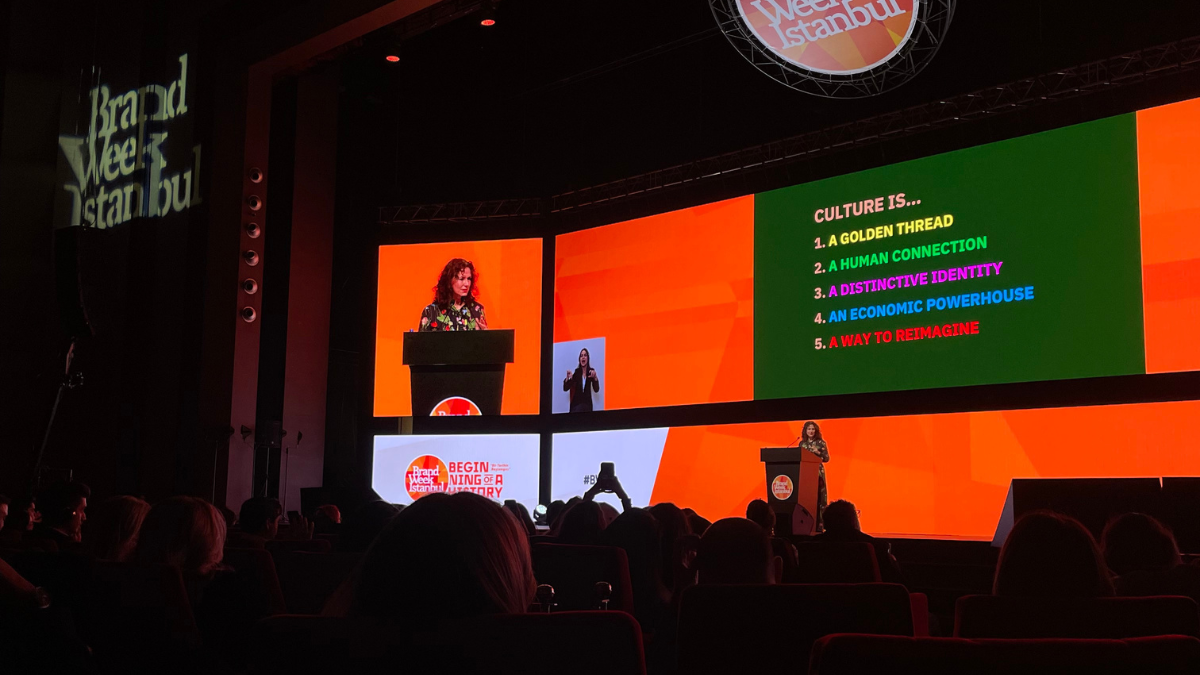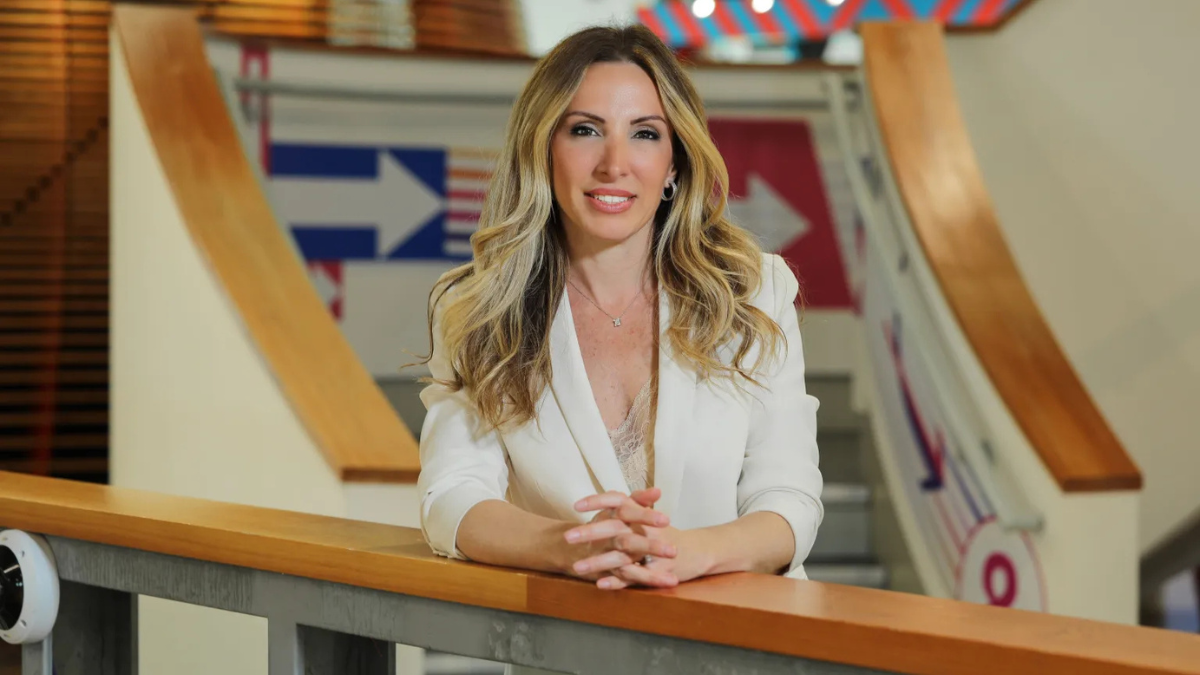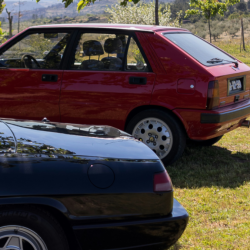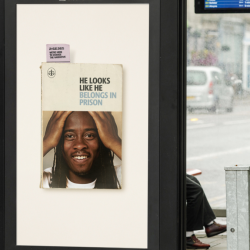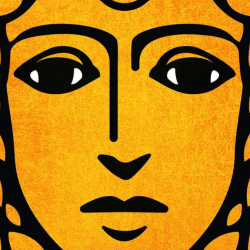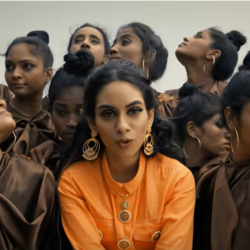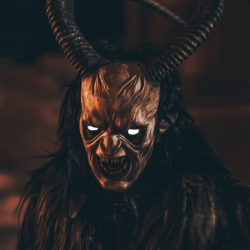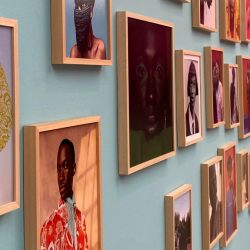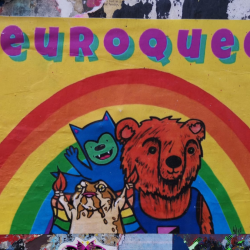Chinua Achebe once wrote that until the lions have their own historians, the history of the hunt will always glorify the hunter. In today’s media landscape, this truth resonates deeply. Like our ancestors’ oral histories — reframed and rewritten through a Western lens — our contemporary stories face a particular paradox. We speak of ‘reclaiming narratives’ during Black History Month, yet how do you reclaim something that was never truly yours to begin with? It’s like being handed back a translation of a story you once told, then being congratulated for receiving your original work. As these stories unfold across our screens, they play like a film slightly out of sync — familiar enough to recognise, yet distant enough to feel… well, off.
The stories we’re still telling
Consider the recent Heinz ‘No Dad Present’ campaign. In 2024, we’re still seeing major brands unconsciously perpetuating the absent Black father narrative. It’s not just a marketing misstep — it’s a symptom of a deeper disconnect between those who shape narratives and those who live them. The same systems that once reinterpreted our ancestors’ stories now repackage our lived experiences for mass consumption.
The disconnect becomes even starker in entertainment. When Love Island contestants face the now-predictable pattern of Black women being chosen last, or when reality shows edit Black participants into familiar stereotypes, it creates what Chimamanda Ngozi Adichie would call ‘a single story’ — one that diminishes the richness of our varied experiences. Recent research puts numbers to a story we’ve known all too well: Black contestants face 83% higher likelihood of bottom two placements in reality shows, while weathering nearly double the rate of social media abuse compared to their white counterparts. These aren’t just statistics — they’re evidence of narratives that need not just reclaiming, but complete reimagining.
Where change begins
But here’s where it gets interesting. When we look at spaces where Black creators maintain narrative control, a different story emerges — one written in our own hand, not translated through another’s understanding: Steve McQueen’s Small Axe series revolutionised how Black British stories could be presented on mainstream television. When creators like Femi Oyeniran evolve from acting to establishing production powerhouses like Purple Geko, they create blueprints for ownership and authentic storytelling.
We see this same spirit in how platforms like Black Ballad have transformed from a blog into a multimedia offering, proving that independent Black-owned media can thrive while maintaining editorial integrity. Top Boy‘s final season showed how stories can resonate globally without compromising cultural integrity, while Adjani Salmon’s journey with Dreaming Whilst Black from web series to breakthrough success demonstrated how uncompromising Black British creativity can find its audience and hold its ground.
The power of ownership
This is where the real work of reclamation happens. Across the UK media landscape, we’re seeing the emergence of new power structures:
- Platforms like GUAP Magazine and GenBTV are transforming how Black culture is documented and accessed, creating new channels for authentic storytelling
- Independent production companies like Unstoppable Film & Television are challenging traditional power structures
- Initiatives like Join Our Table and ITAV are creating platforms where Black talent doesn’t just participate — it drives the agenda
- Black-owned creative agencies are revolutionising how brands communicate with diverse audiences
Yet these glimmers of success, while important, shouldn’t mask the ongoing challenges. For every breakthrough moment, there are countless instances where our narratives remain filtered through a lens that doesn’t quite capture our reality.
From subjects to storytellers
The journey of reclaiming our narratives requires more than just diverse casting or occasional Black-focused content. It demands a fundamental shift in how stories are conceived, developed, and shared:
- Creative development: moving beyond tokenistic inclusion to authentic storytelling
- Production leadership: increasing Black representation in decision-making roles
- Platform ownership: creating sustainable channels for Black-led content
- Narrative control: ensuring Black creators have the power to shape how our stories are told
The way forward
As we navigate this landscape, the goal isn’t simply to correct misrepresentation or reclaim what was never truly ours — it’s to create new spaces where our stories can breathe and evolve naturally. This means:
- Supporting emerging Black-owned media platforms
- Challenging not just who appears in content, but who shapes it
- Building sustainable structures for Black talent development
- Creating communities that can nurture and amplify authentic voices
Beyond the month
The work of reshaping narratives doesn’t end with Black History Month. It continues in the daily decisions about which stories get told, who gets to tell them, and how they’re shared with the world. Whether it’s established voices like Steve McQueen continuing to push boundaries, emerging platforms like GUAP creating new channels for representation, or collaborative initiatives like Join Our Table building communities of support and opportunity, each plays a vital role in this ongoing journey of redefinition.
The future of Black British representation isn’t about fitting into existing frameworks or waiting for permission to tell our stories. It’s about creating new spaces where our narratives can unfold authentically, whether that’s in traditional media, digital platforms, or spaces we’ve yet to imagine.
This isn’t just about changing narratives; it’s about transforming the entire ecosystem of storytelling. As Stormzy puts it, ‘Sometimes you gotta tell your own story, write your own headlines.’
Featured image: Oluwapamilerinayo Ajala / Pexels



